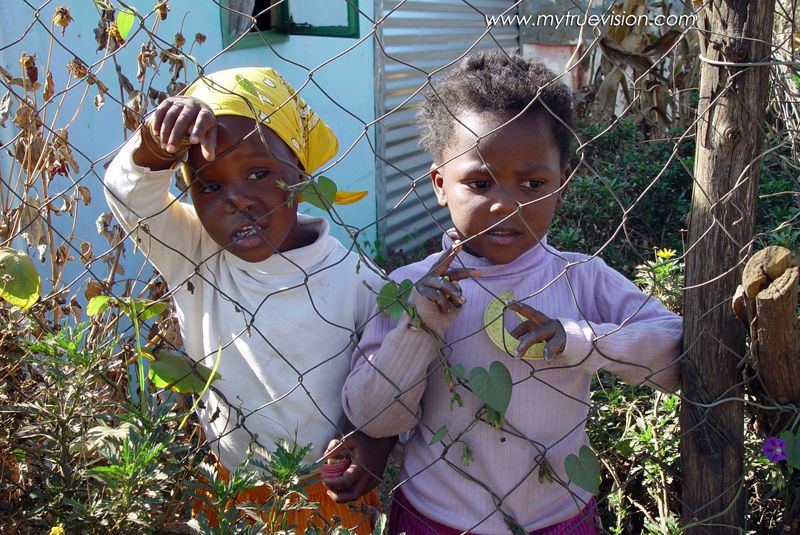
Now that South Africa has the entire world’s attention, I've been reminiscing about my experience to this astonishing country. In 2004 I traveled with a small group of scholars, religious thinkers, students, and peacemakers to South Africa. We were a part of that year's Journeys of Reconciliation, an inter-religious program that gives members of the Emory community the opportunity to cultivate relationships of partnership, service and friendship with communities around the world. By visiting these communities and supporting their work of reconciliation, they open themselves to possibilities of hope and healing (taken from http://www.religiouslife.emory.edu/life/journeys.cfm
On this Journey we met with members of Parliment, visited the Apartheid Museum, met with students at the University of Cape Town/Wits University/ & University of Western Cape, went on a safari in Kruger National Park, visited an AIDS Orphanage, took a lift to the top of Table Mountain, visited Mandela's prison cell on Robben Island, visited Blaauwklippen winery, visited Soweto, flew to Johannesburg, spoke at a church (changed my life), and so much more.
The breadth of this Journey as described above (and all that was left out) correspond with the nature of this country. I learned quickly that South Africa is not a singularly-descriptive-entity. It is a country layered in history and beauty, struggle and triumph, culture and diversity, poverty and immense wealth. It is so many things to so many people yet there is one thing that seems to be the tie that binds. This tie is the spirit of the people.
There is something so difficult to describe in words but so empirically evident that you will experience when talking to anyone from that country. It is an infectious energy of pride balanced with an unrelenting measure of hope. It is evident in the voices and in the eyes of everyone you meet -in the streets, in the bars, in the schools, in the churches, in the square.
It is amazing to think that the equivalent of the Civil Rights Movement in the United States (which took place loosely from 1955 - 1965) had taken place only 10 years prior to my visit and less than 20 years prior to today.
Of course it would be foolish to assume that Mandela's election, twenty years without apartheid, or even winning the bid to host the World Cup could erase the reality of continued inequality, oppression, and injustice in South Africa. It would be just as foolish to assume that the election of Barack Obama, almost 50 years without Jim Crow laws, an Olympics, and a World Cup, could do/has done the same in America. But it is the hope for a better tomorrow matched with the will, determination, and spirit of the people in both of these lands that make the future as worthy of anticipating and celebrating as a goal scored in this beloved World Cup.
Photos by Carlton Mackey | www.mytruevision.com
Tuesday, July 6, 2010
SOUTH AFRICA, WORLD CUP, RECONCILIATION
Labels:
culture,
south africa
Subscribe to:
Post Comments (Atom)

No comments:
Post a Comment